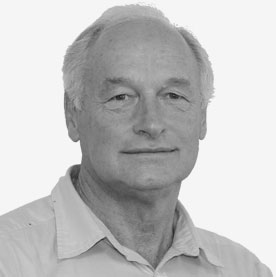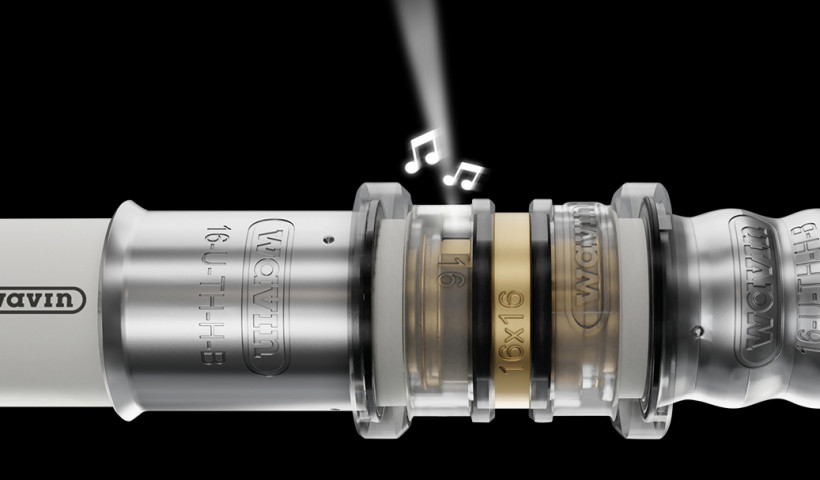 NEW
NEW
Victoria University’s School of Architecture and Design’s entry into the prestigious United States Department of Energy Solar Decathlon 2011 was the catalyst to showcase energy-efficient technology from New Zealand on a world stage. The Solar Decathlon is held annually in Washington DC andshowcases 20 teams from around the world, competing to build the best looking, most efficient and affordable house using the power of solar technology.
The Meridian First Light team created a Kiwi bach for their entry, which was placed third. Leap provided the team with a fully integrated plumbing and water system, ensuring the platform for an attractive, affordable, zero-net-energy house, powered by solar energy.
Leap Australasia’s water systems were chosen for their energy efficiency, ease of installation, design and system integration. The Leap Solargenius solar water heating system was chosen by the Solar Decathlon team to power the hot water for the house by utilising the significant power of the sun. Solargenius solar water heating provided the Meridian First Light house with a saving off its energy bill of up to 82%. Forty evacuated tubes sat on the roof in addition to the photovoltaic panels.
Leap also supplied a Thermagenius heat pump water heater as a backup system to the Solargenius. Most of the competition was held on rainy or cloudy days, contributing to low solar energy gain. The heat pump water heater provided hot water using energy converted from ambient air. Thermagenius was less dependent on weather during the competition and uses very little energy.
A well-designed hot water heat pump home heating system is capable of delivering up to four times the energy efficiency of traditional fuel systems. Heat pump technology can make major cost savings, while avoiding thousands of tonnes of carbon dioxide emissions every year.
In addition to these systems, Leap also created a unique drying cupboard powered by free solar hot water from the Solargenius system. The Leap team designed the system to accommodate an oversized solar capacity and allow the tank to dump heated water into the cupboard once the water from the solar system hit 90˚C. The excess water moves around the evaporated coils in the drying cupboard, working like an oversized towel rail.
The house has now been relocated to Waimarama Beach in the Hawkes Bay.










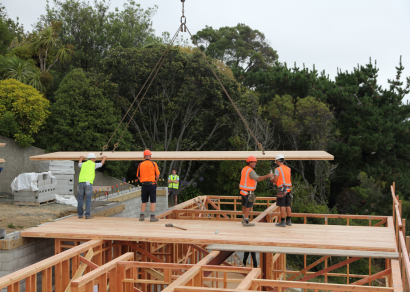

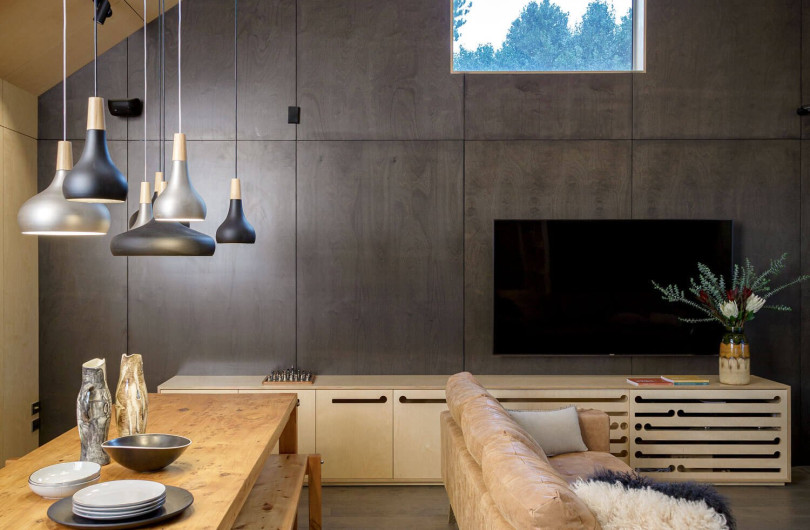
 Case Studies
Case Studies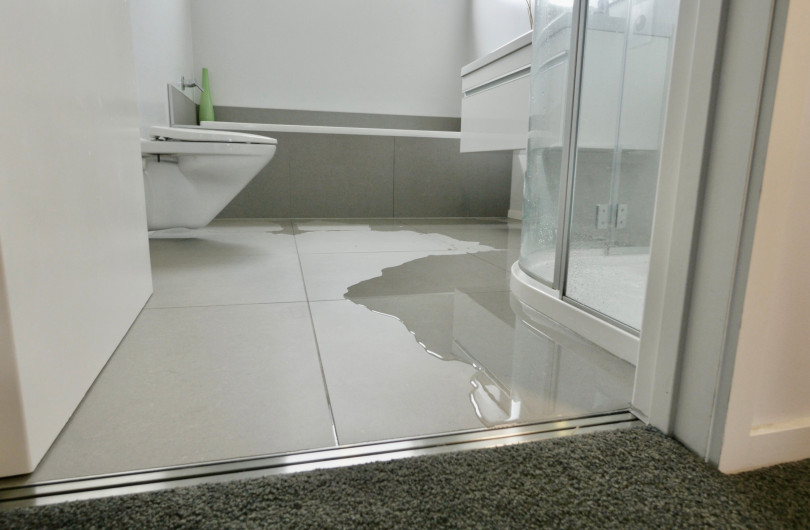
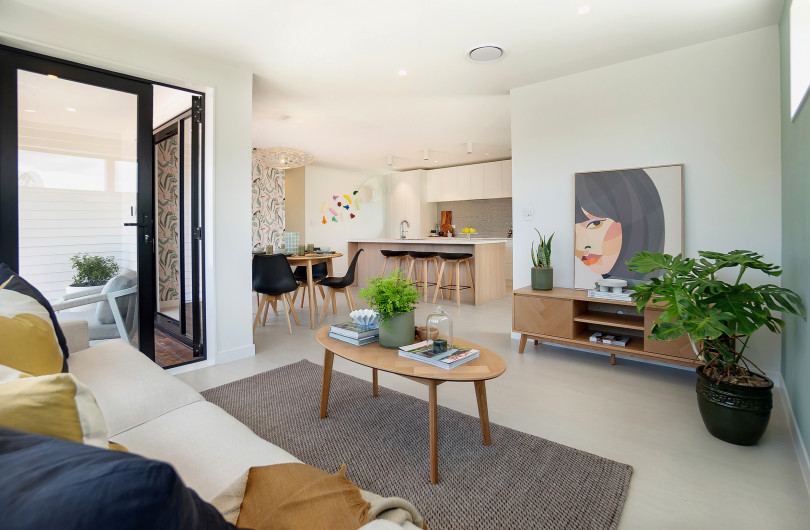

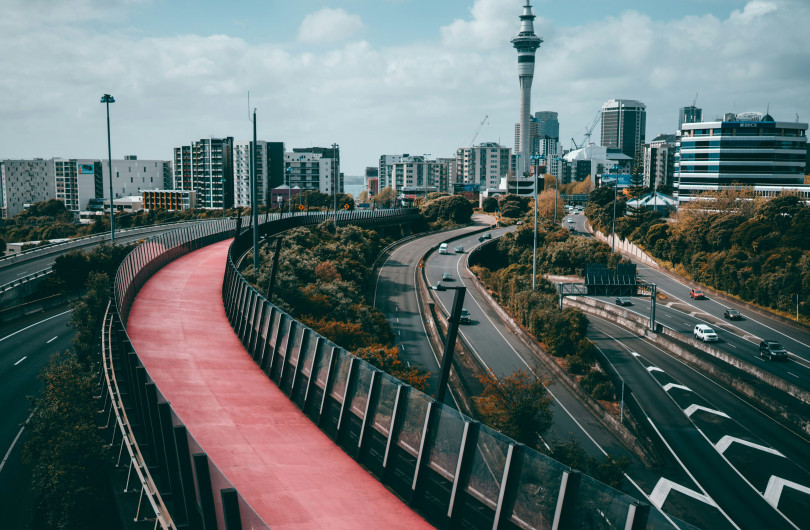
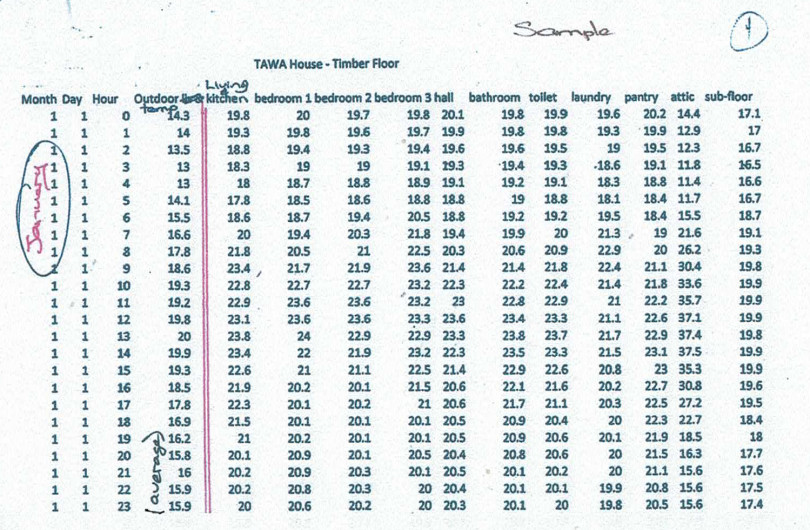

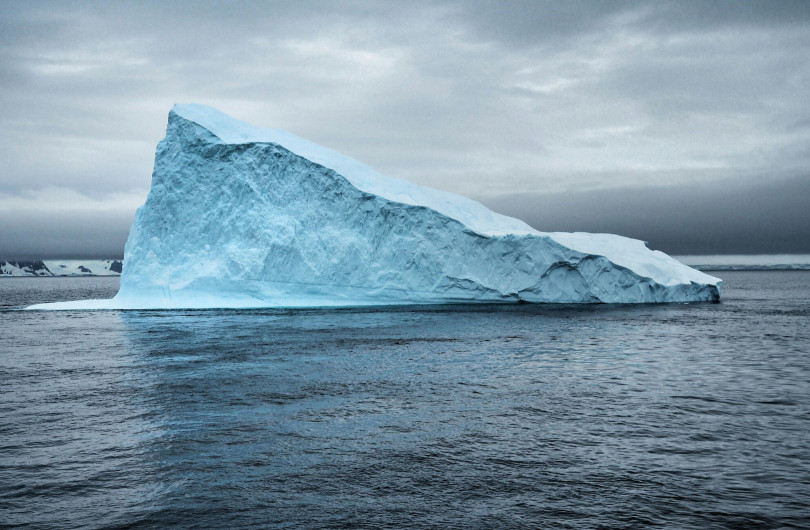


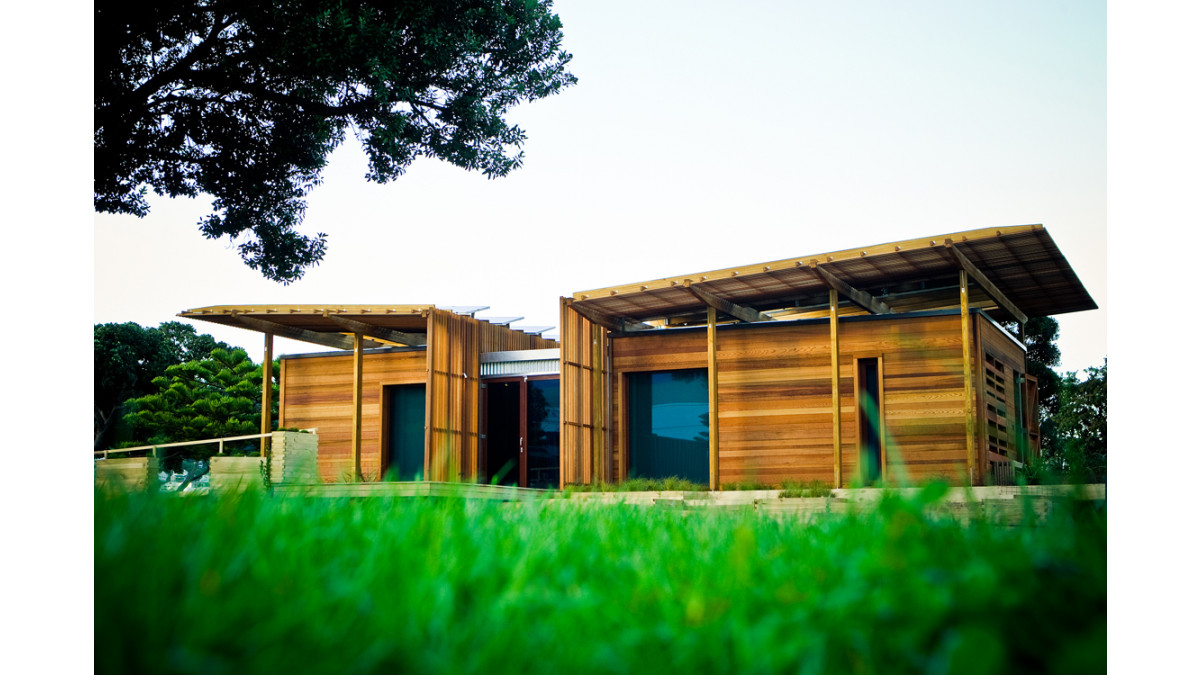
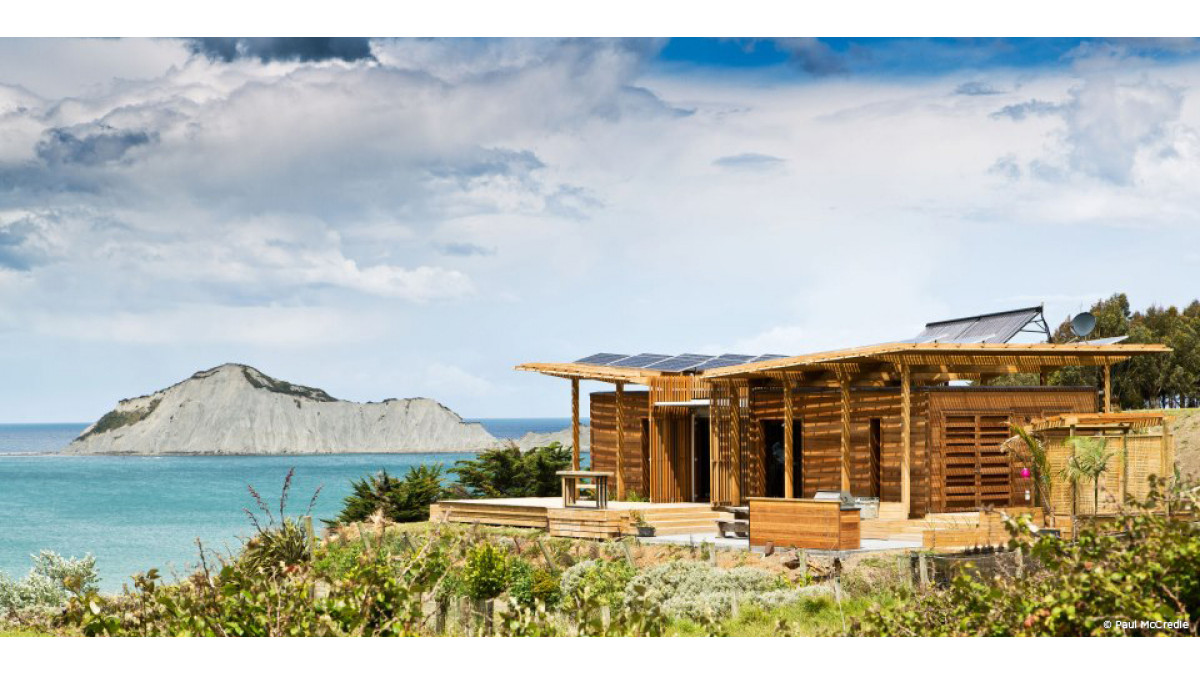
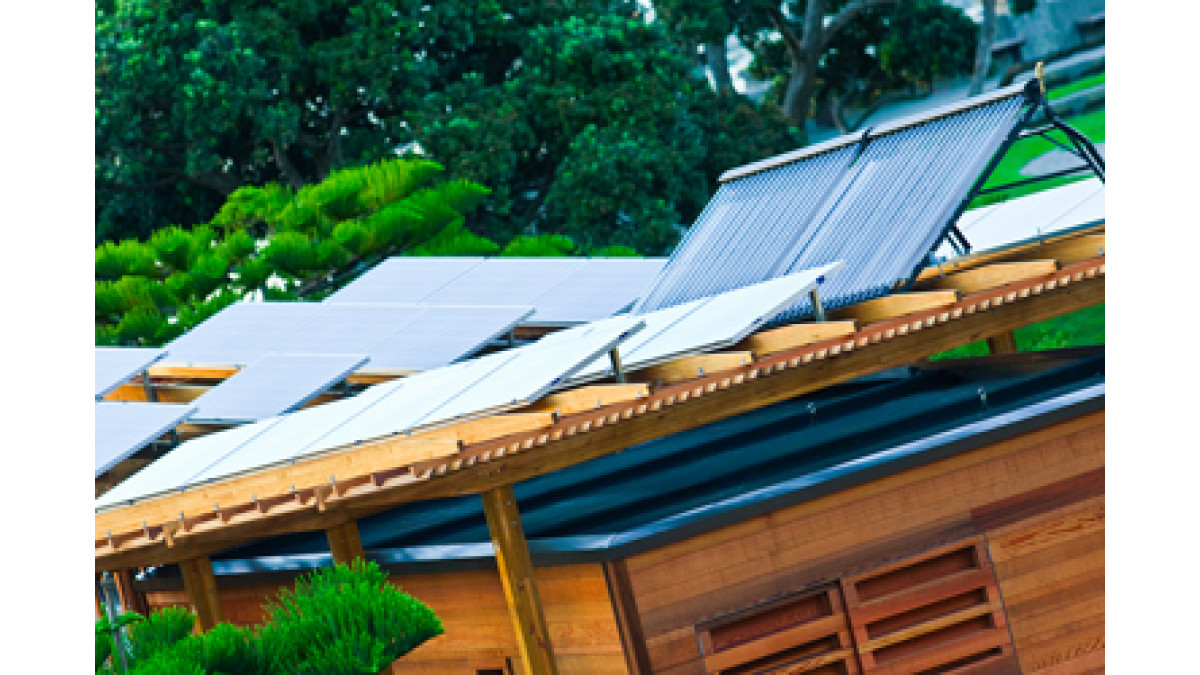




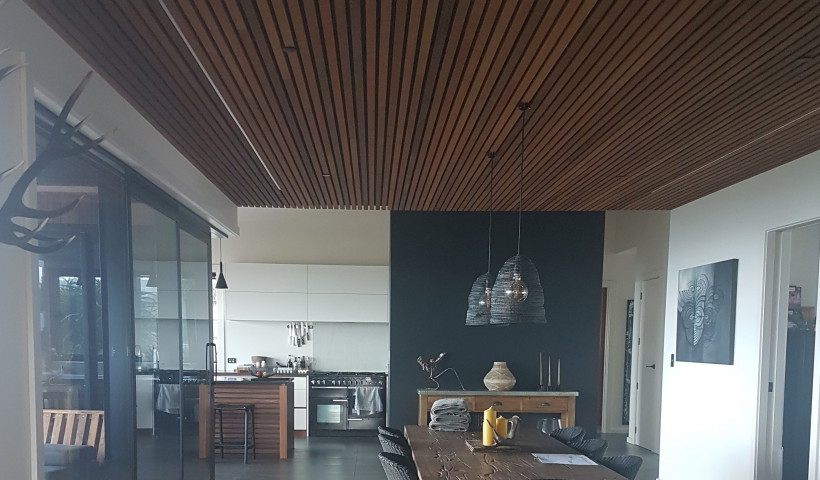
 Popular Products from Leap
Popular Products from Leap


 Most Popular
Most Popular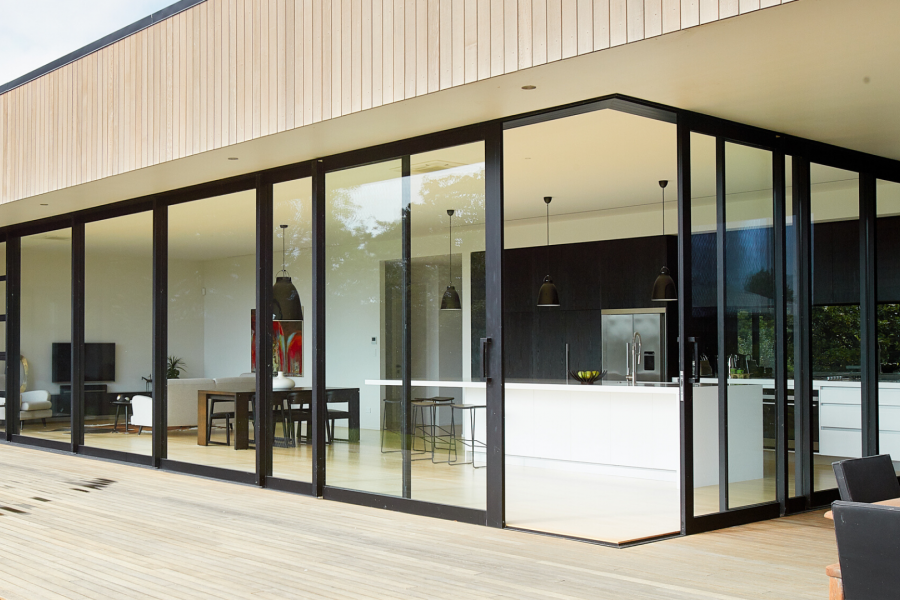
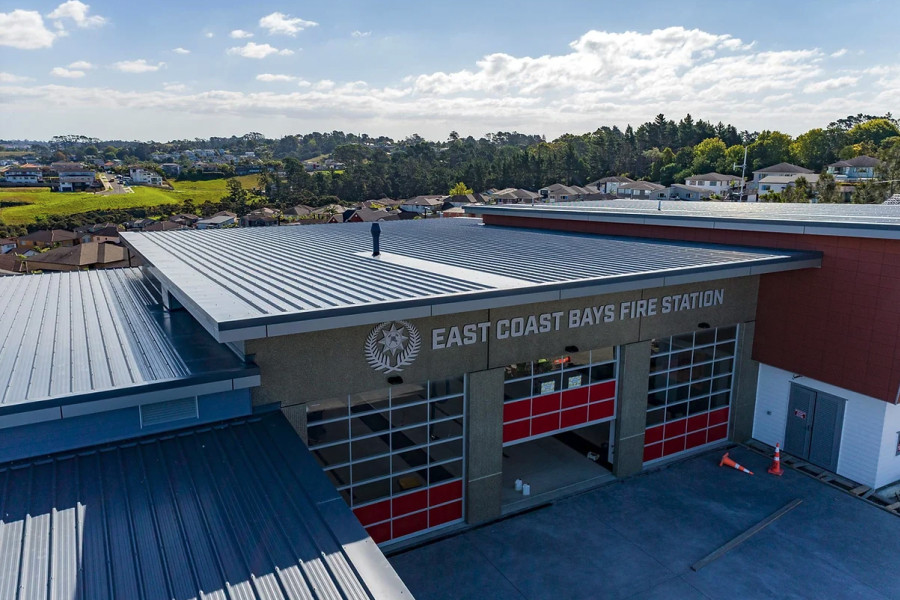
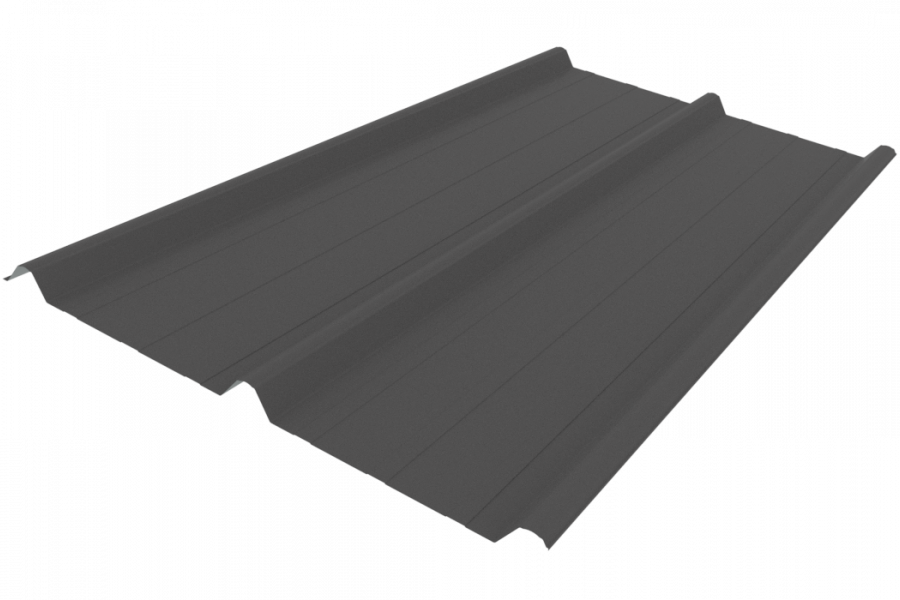
 Popular Blog Posts
Popular Blog Posts